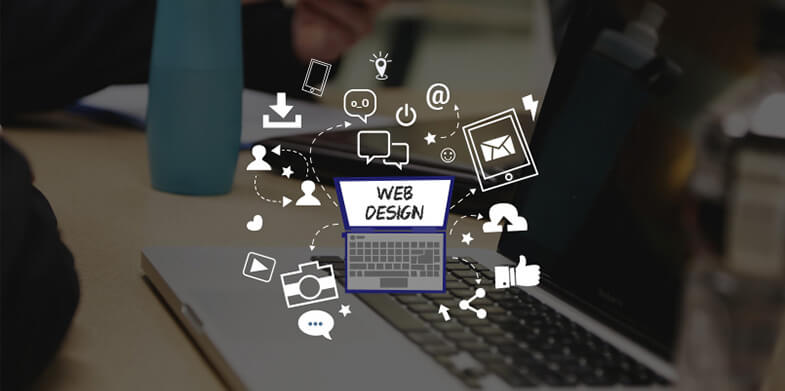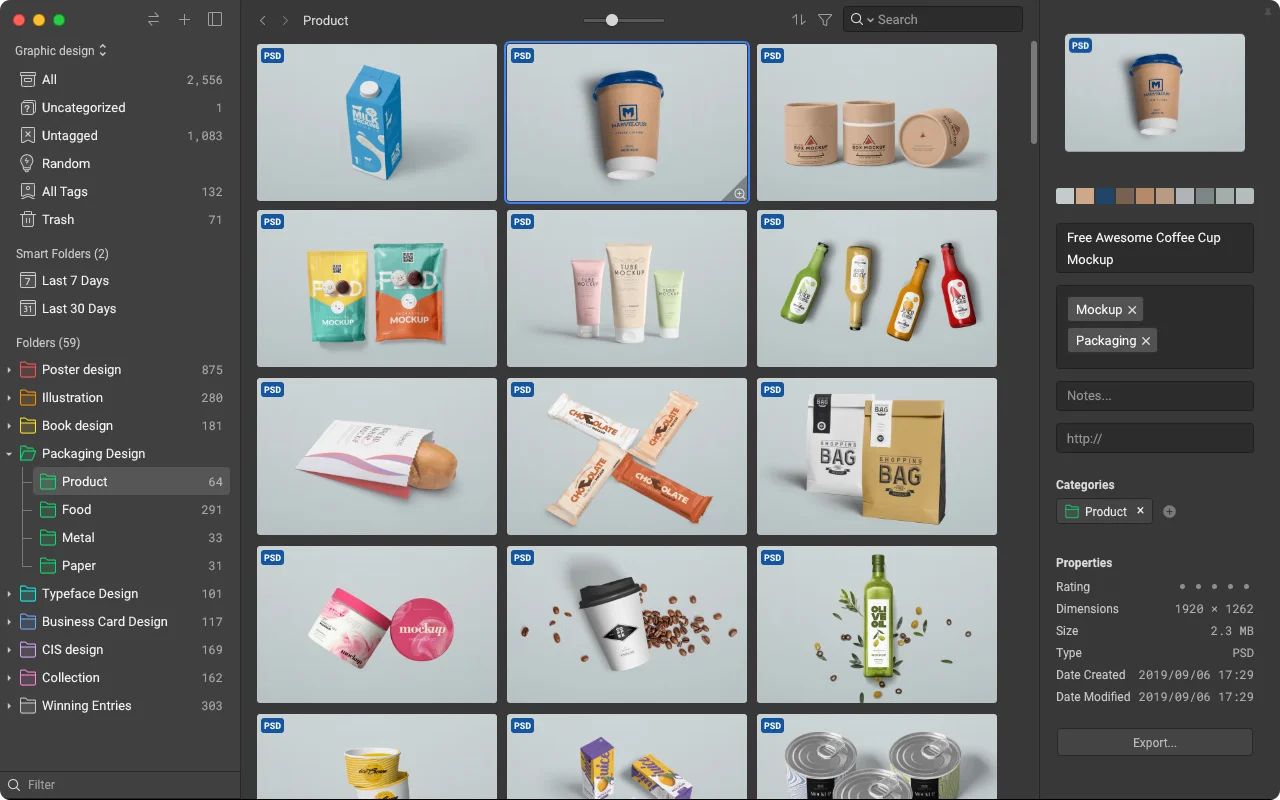Even if you are not actively seeking employment, your resume is an important component of your digital portfolio. Showcasing your work on websites like LinkedIn can help you network with others in the web design field, so it’s crucial that you have the right skills behind you to climb the career ladder.
Your resume needs to highlight all the key skills that a web designer must possess, helping you to secure interviews and get your dream role. To get you off to a good start, here are 10 key skills every web designer needs on their resume.

Problem-Solving
The essence of good design is being able to solve problems on a daily basis. Your resume needs to display that you’re able to do much more than just making something look pretty, it needs to highlight that you can develop solutions, therefore, providing case studies or examples that show problems that you have solved in your cover letter can help employers know more about you and what your capabilities are.
Marketing
Some of your marketing and promotion skills will naturally show up on your resume. Having some background knowledge of marketing can give you the boost you need, especially as many employers want their team to be able to sell design projects to clients. Make sure that you brush up on your knowledge of advertising, SEO, and how businesses are targeting and reaching consumers.
Print Knowledge
Most clients and businesses will tell you that they need a web design team that is flexible and can complete a variety of projects, one of these being printed design. While the majority of design conversation tends to focus around digital concepts, it’s crucial that you’re able to create something and have it printed. Whether it be posters, package labels, or billboards, make sure that you showcase some of your printed projects in your portfolio.
Digital Design Knowledge
If you have solely focused on print, you will need to get a better understanding of digital design. For those already fluent in web design, you need to ensure that you include that information, as well as content management system platforms, programming languages, and any tools that you can use with no problems.
Leadership
In web design, it’s important that you know how to take charge. If you’re leading a team of people, other web designers will come to you for help and guidance, so being organized, delegating tasks correctly, and guiding your team towards success can help keep the business flowing accordingly to plan. If you would like to develop strong leadership skills and the ability to link people, a masters in operations management may be the right option for you.
Social Media and Networking
Whether you like it or not, your network will follow you around everywhere, therefore, when you go from job to job, it’s crucial that you can demonstrate how to use social media effectively. Including your social media links on your resume can help employees learn more about you and what skills you possess. Many web designers post their work on platforms like Facebook to reach out to others in the industry, as well as potential employers.
Time Management and Flexibility
No one likes a diva designer. When working on a project or task, the last thing you want to do is kick up a fuss, as it’s likely you won’t get a second chance with the client. As a web designer, you need to stick to what the brief is and make sure that it’s completed within the deadline. If you hand in your project late, this will show that you’re unprofessional, therefore, understanding the importance of time management is essential. It’s important that you’re flexible with your work too. Clients may ask you to change things along the way, so following orders and keeping your cool is crucial.
Communication
No matter who you work for, communication is what it all boils down to in the web design world. While visual communication is a must, spoken and written communication is just as important. If you’re not a great public speaker, you may be doing yourself a disservice. When clients seek out a web designer, they need someone who has good listening skills and confidence, so knowing how to communicate effectively is important. How you come across to clients can set yourself apart from other web designers, so being friendly, attentive to their needs, and addressing situations head-on is important.
Basic HTML
It’s best to be upfront and honest about your level of HTML and code understanding. The amount you need to know can vary depending on the position, but in the current job market, having basic knowledge of this field can really help. Those who don’t have basic HTML skills may lose out on a position over those that do. There are various things that you should note down on your resume, such as whether you’re able to read HTML, and whether you’re versed enough to alter stylesheets in existing website design.
Software
Most job openings will display what software skills are important, but if you have any fluency in design tools, they should be included on your resume. When taking HTML into account, you may want to consider featuring notations for software that you’ve gained certifications for or have particular experience in. Most designers will find that featuring the Adobe Create Suite is a great place to start. Secondly, you should include which programs within the toolset that you regularly use. It’s important not to overload your resume with common software that everyone can use, otherwise employers may not take much notice. For instance, if you’re fluent in Adobe InDesign, it’s best to avoid including that you know how to use Microsoft Word.
The web design sector can be a competitive industry to go into. With many others in your field fighting for the same roles, it’s crucial that you possess the right skills for the job. Whether it be knowing how to problem solve, or having knowledge of digital design and print, having all the skills listed can increase your chances of securing your dream role.












Add Comment